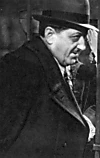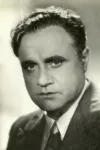Biography
(No Information)
Filmography
all 10
Movies 10
self 1
Self - filmszenen
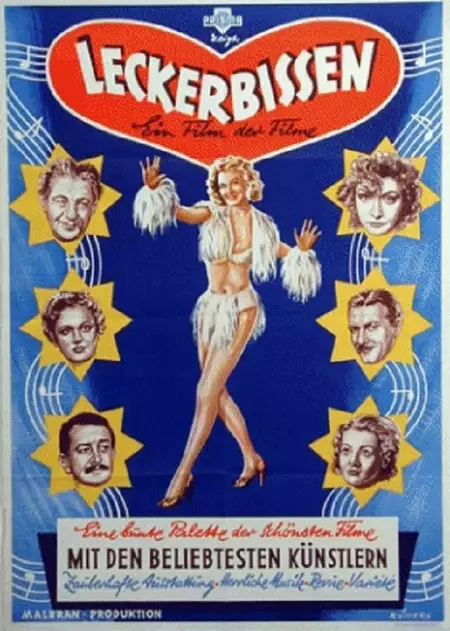
Leckerbissen (1948)
Movie
Maria Malibran
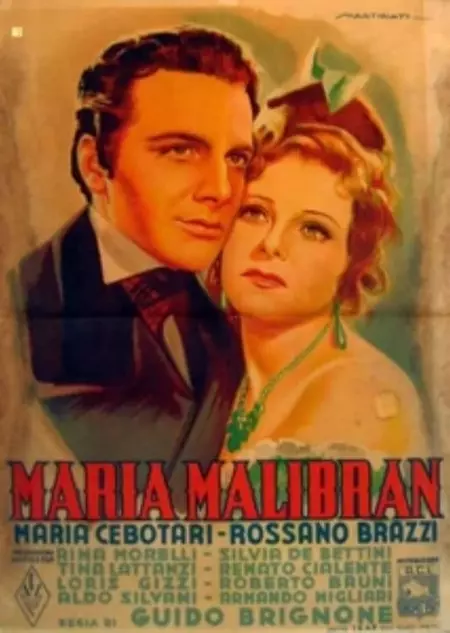
The Genius and the Nightingale (1943)
Movie
Maria Teodorescu
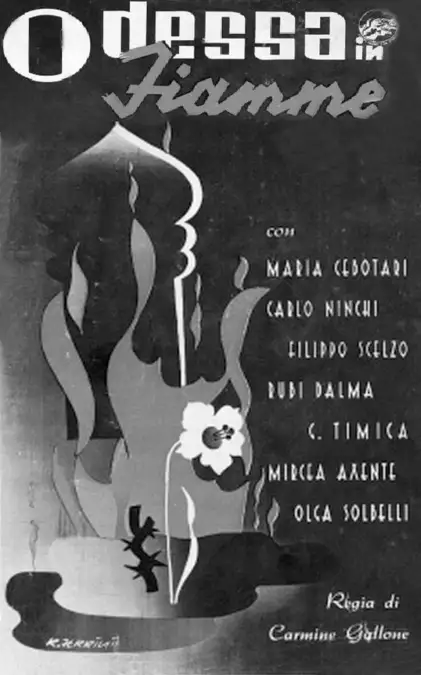
Odessa in Flames (1942)
Movie
Maria Dalgeri
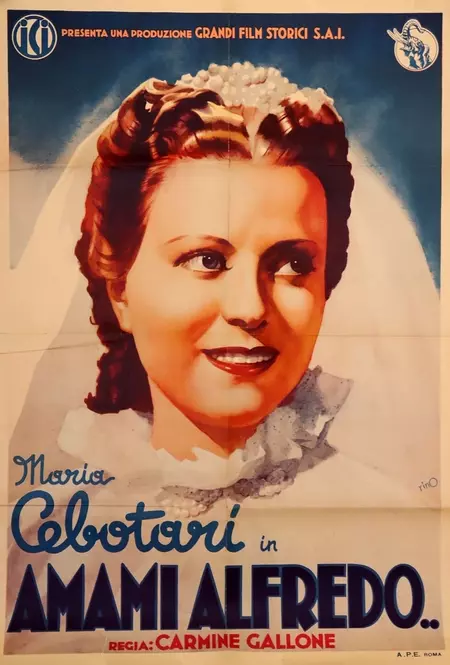
Amami, Alfredo! (1940)
Movie
Madame Butterfly
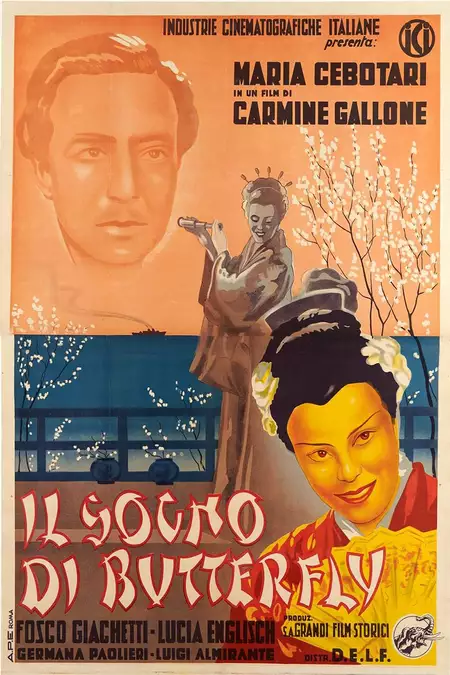
The Dream of Butterfly (1939)
Movie
Teresina Stolz
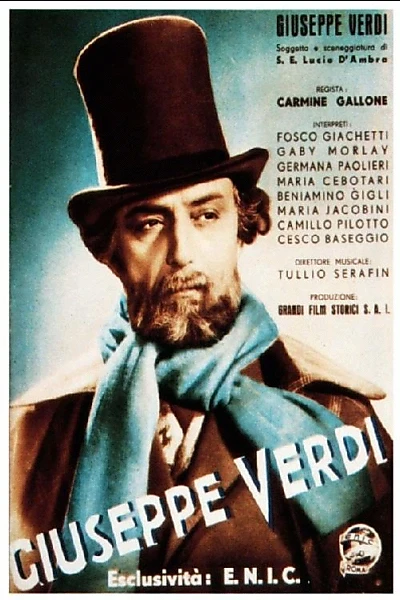
The Life of Giuseppe Verdi (1938)
Movie
Fiamma
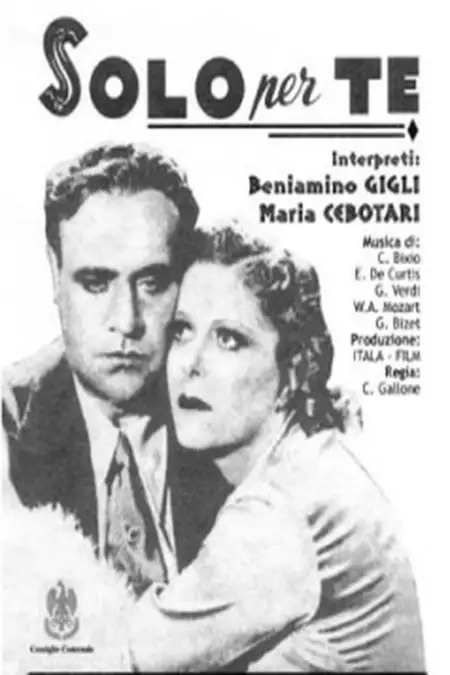
Solo per te (1938)
Movie
Fiamma Vanni (his wife)

Mother Song (1937)
Movie
Operasängerin Marina Marta
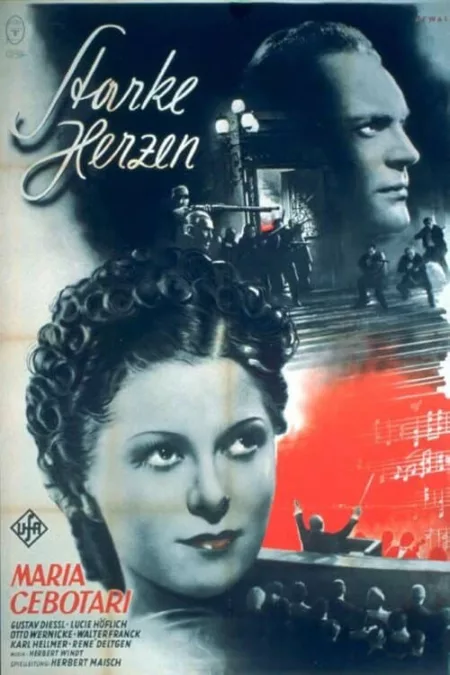
Starke Herzen im Sturm (1937)
Movie
Daniela
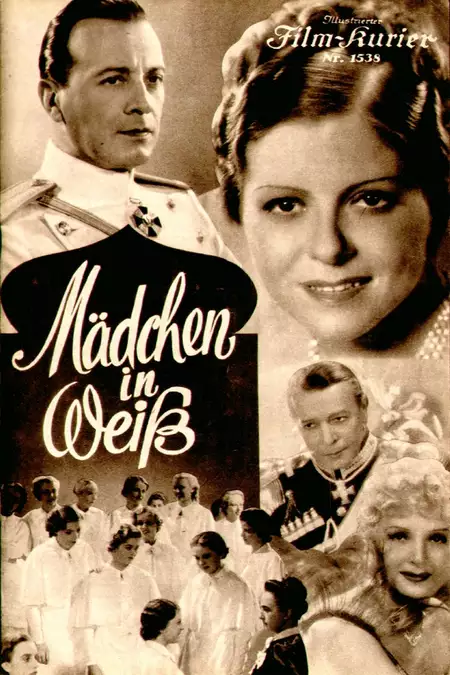
Mädchen in Weiß (1936)
Movie
Information
Known ForActing
GenderFemale
Birthday1910-02-10
Deathday1949-06-09 (39 years old)
Birth PlaceChișinău, Moldova
CitizenshipsMoldova
This article uses material from Wikipedia.
Last updated:
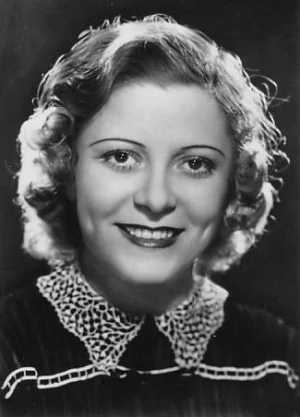 Maria Cebotari
Maria Cebotari- Filmography
- Information
- Related Persons
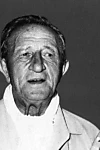
 ,
,